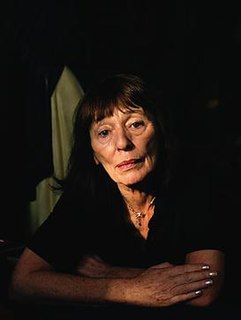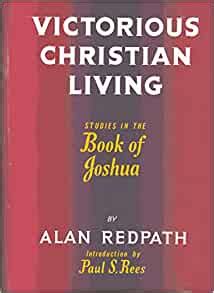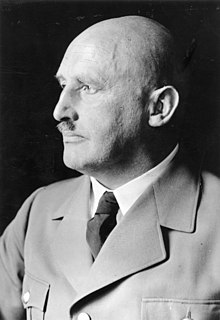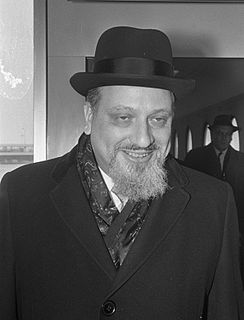A Quote by Beryl Bainbridge
The vital accessories to my work are my reference books, such as the complete Shakespeare and a prayer book, and a large refuse bin.
Related Quotes
Most young dealers of the Silicon Chip Era regard a reference library as merely a waste of space. Old Timers on the West Coast seem to retain a fondness for reference books that goes beyond the practical. Everything there is to know about a given volume may be only a click away, but there are still a few of us who'd rather have the book than the click. A bookman's love of books is a love of books, not merely of the information in them.
We will only advance in our evangelistic work as fast and as far as we advance on our knees. Prayer opens the channel between a soul and God; prayerlessness closes it. Prayer releases the grip of Satan's power; prayerlessness increases it. That is why prayer is so exhausting and so vital. If we believed it, the prayer meeting would be as full as the church.
The Prophet introduced a system of prayer in that it was interwoven into man's daily work: a prayer in the morning when he arose from his bed; a prayer at lunch time, as an indication that if his body needed a diet, so did his spirit; a prayer in the afternoon when he retired from his daily work; a prayer at sunset and a prayer when going to bed.
What you need to know about the next piece is contained in the last piece. The place to learn about your materials is in the last use of your materials. The place to learn about your execution is in your execution. Put simply, your work is your guide: a complete, comprehensive, limitless reference book on your work.





































